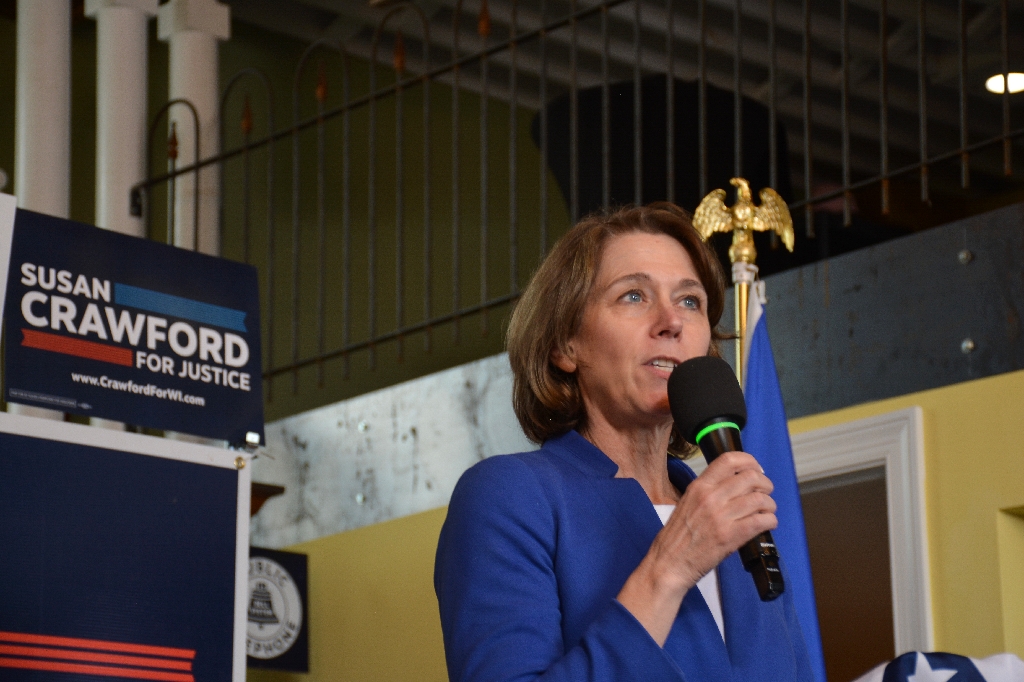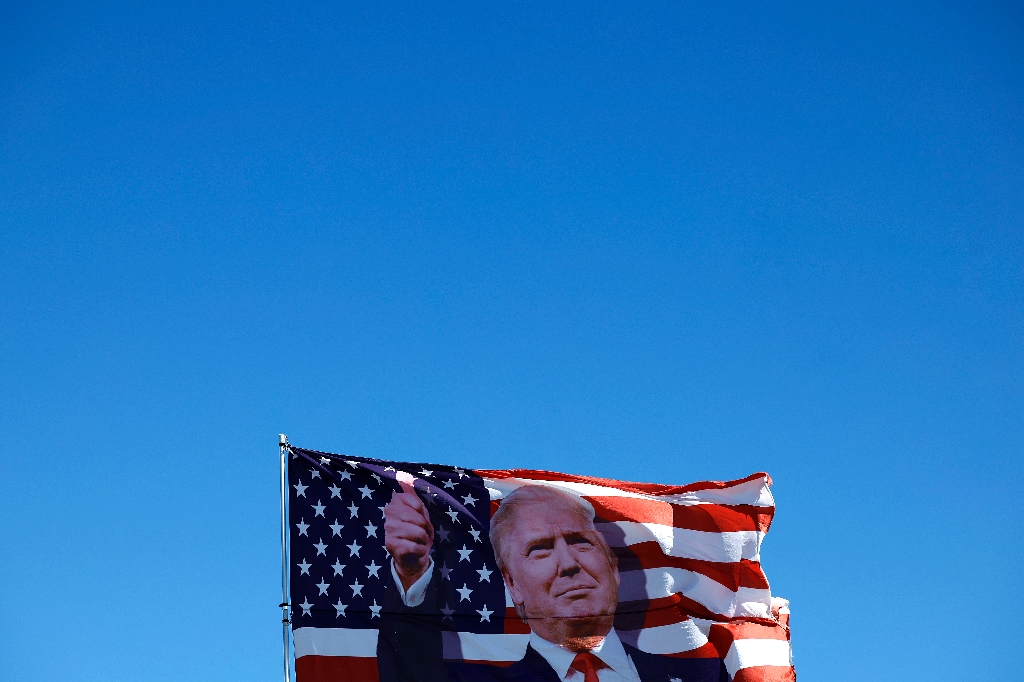New York (AFP) – India’s historic adversary Pakistan said Thursday that Western nations had failed to see the “reality” of New Delhi’s right-wing leadership after Canada alleged Indian involvement in a killing.
Canada expelled an Indian diplomat, prompting a tit-for-tat reaction, after concluding that Indian agents played a role in the June killing near Vancouver of a Sikh separatist, Hardeep Singh Nijjar.
Anwaar-ul-Haq Kakar, Pakistan’s caretaker prime minister as the country heads to elections, linked the episode to Prime Minister Narendra Modi’s ideology of Hindu nationalism, or Hindutva.
“These ideologues of Hindutva, they are becoming emboldened in a manner that they are now going beyond the region,” Kakar said at the Council on Foreign Relations in New York as he took part in the UN General Assembly.
The “unfortunate killing of Mr. Singh on Canadian soil is a reflection of that ominous tendency,” he said.
“But for obvious economic and strategic reasons, many players in the Western capitals chose to ignore this fact and reality,” he said.
Western powers led by the United States have been courting India for years, seeing a natural ally in the billion-plus democracy as concerns mount about China.
Modi showcased India’s global role earlier this month as he led the Group of 20 summit in New Delhi.
He has promoted the identity of the Hindu majority in the diverse country, with rights groups accusing him of creating a dangerous atmosphere for religious minorities, who include Muslims, Christians and Sikhs.
Nijjar, who was wanted by India for alleged terrorism and conspiracy to commit murder, advocated carving out a separate Sikh state known as Khalistan.
India has long alleged that Pakistan — created on the subcontinent’s partition in 1947 as a separate Muslim homeland — has provided support to the Khalistan movement, which carried out an insurgency in the 1980s crushed by Indian security forces.




